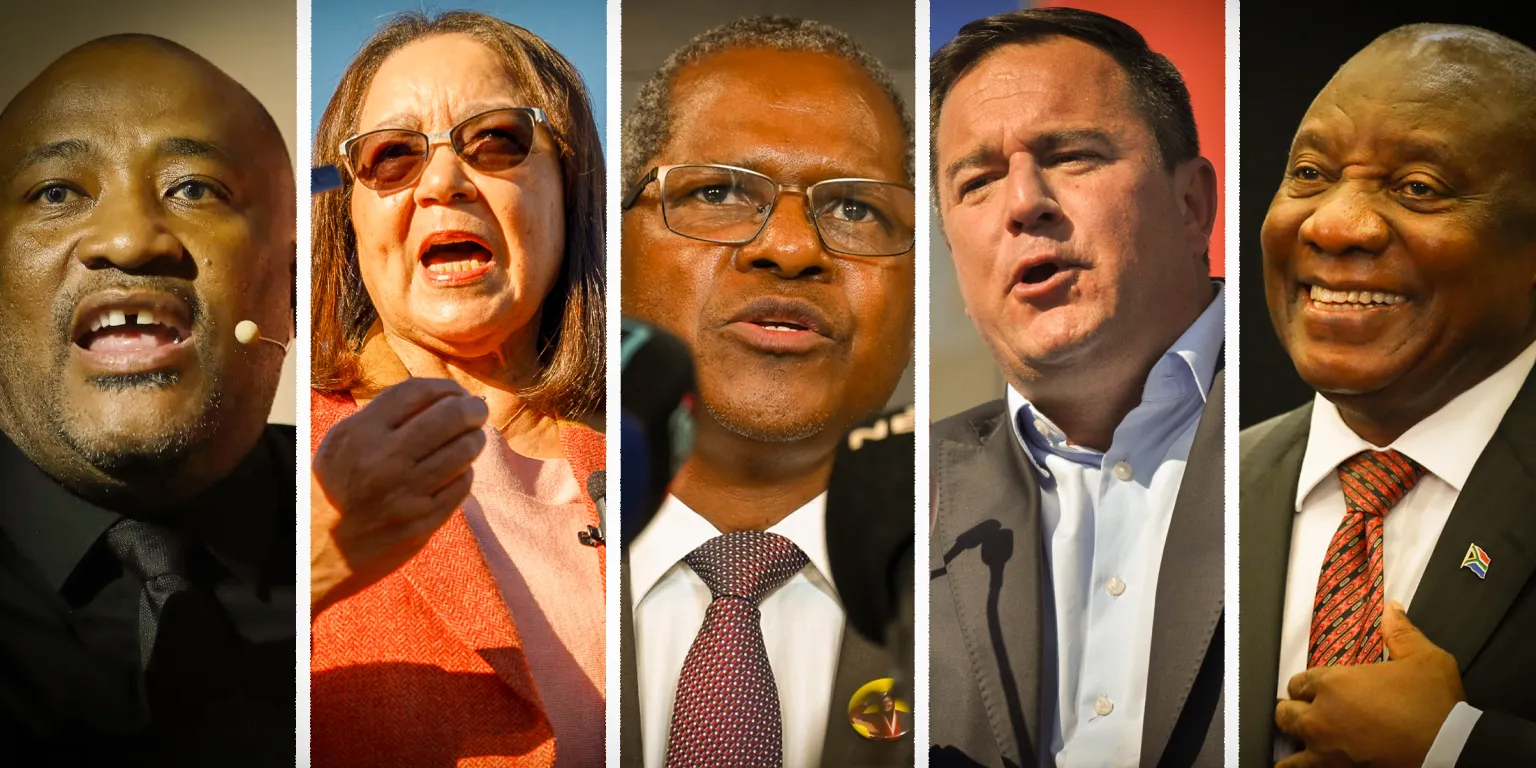The current negotiations with regard to the establishment of the government of national unity (GNU) threaten to be derailed because there seems to be a misinterpretation as to what a GNU entails.
In a GNU parties need to understand three things:
- Their relative strength within the power dynamics established by the electorate on 29 May. A 40% or 20% party should, for example, not through machinations attempt to turn the weight of that 40 or 20% into something more than its relative strength to those of its partners within the GNU;
- No party should set themselves up as the controller of the GNU. It should be controlled collectively by the participants in the GNU. A party should not style itself as the leading governing party, all are simply governing parties. It would be different if one party had an outright majority. That is not the case in the current environment; and
- The rules of the game are to be collectively decided.
What does this mean in practice?
The 10 parties participating in the GNU hold a combined 287 seats or 71.75% of the seats in Parliament. The ANC’s portion of the 287 seats equates to 56% of the combined parties participating in the GNU; the DA 30%, the IFP 6%, the PA 3%, the FF+ 2% the UDM 1%, Rise Mzansi 0.7%, Al Jama-ah 0.7% and GOOD 0.4%.
Clause 16 of the Statement of Intent of the 2024 Government of National Unity states that: “The Government of National Unity shall be constituted in a manner that reflects genuine inclusiveness of political parties that are party to this Statement of Intent and are represented in the National Assembly broadly taking into account the number of seats parties have in the National Assembly and the need to advance the National Interest. The President shall in constituting the Executive, take into account the electoral outcomes”.
At face value, clause 16 would mean that on the assumption that the Cabinet consists of 30 ministers, broadly speaking, the ANC should be allocated 17 seats, the DA nine seats, IFP two, PA one and FF+ one.
The other parties all have less than 1% of the vote and could therefore hardly insist on a seat in Cabinet. In the spirit of inclusiveness, they could, however, be accommodated in the ranks of the deputy ministers, or bigger parties could proportionally cede some ministerial posts.
Another important provision that should be read together with clause 16, is the definition of sufficient consensus, which suggests that sufficient consensus exists where “parties to the GNU representing 60% of the seats in the National Assembly agree”.
Not 60% of the parties or their representatives in Cabinet, but 60% of the seats of parties to the GNU. That means that determining a sufficient consensus does not exclude parties that are not represented in the Cabinet, it includes them. And therefore the number of seats in Cabinet has no bearing on the determination as to whether sufficient consensus exists or not.
To ensure the sustainability of the GNU, there should not be material deviations from the agreement as it would be interpreted as not acting in good faith. And accepting only a fraction of the seats that parties are entitled to as a consequence of the agreement might provide fuel for those arguing that the smaller parties are being co-opted. This in turn could cost them dearly in future elections.
To ensure confidence in the GNU, all parties must act honourably and in good faith. They should act within the confines of the agreement. And should the outcome not be honourable or in bad faith, then honourable parties may withdraw in order to protect their own integrity and future election prospects, thereby threatening the sustainability of the GNU.
Maybe the problem with the current process is that parties are subjectively negotiating on a bilateral basis. It might have been different were it to have been mediated by objective facilitators and with everyone in the room.
South Africa stands at the cusp of an exciting new future that could promote real inclusiveness and social cohesion. Our leaders must not destroy those prospects for the proverbial 30 pieces of silver. DM
Daryl Swanepoel is the Chief Executive Officer of the Inclusive Society Institute.





